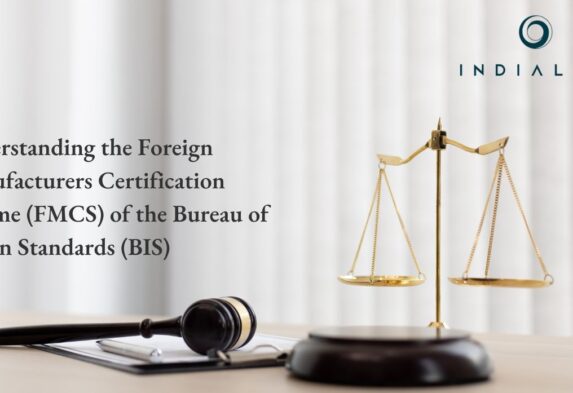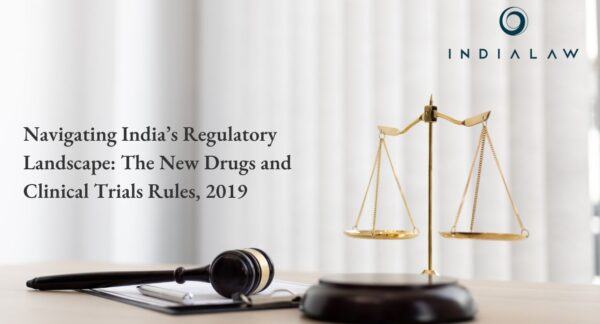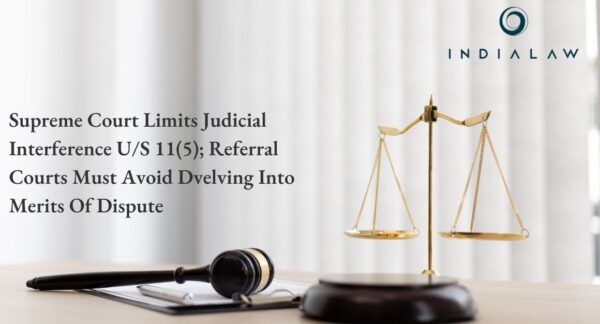Understanding the Foreign Manufacturers Certification Scheme (FMCS) of the Bureau of Indian Standards (BIS)


The Foreign Manufacturers Certification Scheme (FMCS) is an essential program under the Bureau of Indian Standards (BIS), governed by the BIS Act, 2016, and the BIS (Conformity Assessment) Regulations, 2018. It facilitates foreign manufacturers in obtaining a BIS license for products that conform to relevant Indian Standards, ensuring quality compliance and consumer safety in the Indian market.
Key Features of the FMCS
- Scope of Certification
- FMCS applies to all products except Electronic and Information Technology Products, which fall under a separate registration scheme.
- Products under this scheme may require mandatory or voluntary certification based on their inclusion in the Quality Control Orders issued by the Government of India.
- For mandatory certifications, only products with a valid BIS license bearing the Standard Mark are permitted for import into India.
- Application Process
- Applications must be submitted in the prescribed forms with all relevant documents.
- A separate application is required for each product and manufacturing facility.
- Online application submission will be available soon, enhancing accessibility for manufacturers.
- Role of the Authorized Indian Representative (AIR)
- Foreign manufacturers must nominate an Indian resident as their Authorized Indian Representative (AIR).
- The AIR is responsible for ensuring compliance with BIS regulations, acting on behalf of the foreign manufacturer.
- The AIR can be an Indian national or a foreign national employed at the manufacturer’s Indian office/branch, provided they reside in India.
- Testing and Compliance
- Test reports conforming to Indian Standards only are accepted. Reports adhering to IEC or other standards are not valid.
- Samples collected during inspections are tested exclusively in BIS-recognized laboratories in India, with testing costs borne by the applicant.
- Timeline and Fees
- The average time for granting a BIS license is six months, subject to delays due to inspections, responses to queries, sample transport, and fee remittances.
- For SAARC countries, payments can be made in USD or Indian Rupees (with GST); for other countries, payments are accepted in USD only.
- Validity and Renewal of License
- The BIS license under Scheme-I is valid for up to two years initially and can be renewed for up to five years upon submission of the requisite fees and documentation.
- The license covers only the varieties mentioned and can be extended for additional varieties upon application.
Why FMCS Matters for Foreign Manufacturers
The FMCS ensures that products entering the Indian market meet stringent quality and safety standards, fostering consumer trust and regulatory compliance. Foreign manufacturers must align their practices with Indian Standards to leverage the growing opportunities in one of the world’s largest markets.
A structured understanding of FMCS will help manufacturers navigate the BIS certification process effectively and ensure successful market entry into India.
For further details write to contact@indialaw.in





Leave a Reply
You must be logged in to post a comment.